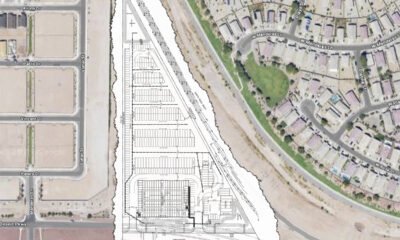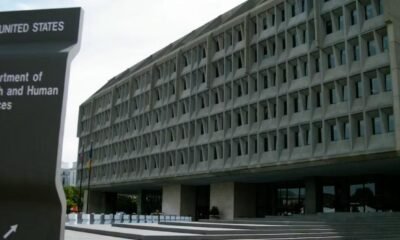15-week abortion ban
Planned Parenthood to Expand Abortion Services Beyond 15 Weeks Following Legal Clarity

Planned Parenthood is on the cusp of potentially resuming abortion services beyond the 15-week limit following a recent court filing. This comes after the passage of Proposition 139, which enshrined the right to terminate a pregnancy in the Arizona Constitution.
In their filing, Planned Parenthood’s attorneys note the absence of defenders for the 15-week limit, marking a significant shift in the legal landscape. The organization had previously maintained that Proposition 139 did not nullify the existing limit, opting to wait for a definitive court ruling before expanding their services.
The legal battle has reached Maricopa County Superior Court, where Planned Parenthood seeks a declaration from Judge Frank Moskowitz. As the case stands, Arizona’s Attorney General Kris Mayes has voiced support for the challenge against the 15-week limit, aligning herself with the organization’s legal arguments.
Lead attorney Karin Scherner Aldama asserted, “The ban prohibits physicians from providing abortions after 15 weeks of pregnancy — months before viability — under threat of severe penalties.” The implications of this law have raised concerns among medical providers regarding the potential risks to women’s health.
To date, no other parties have intervened to defend the 15-week limit, a fact that might influence Judge Moskowitz’s forthcoming decision. Notably, despite earlier statements from Senate President Warren Petersen about exploring options to maintain the law, no formal actions have been taken in court.
Comments from Cathi Herrod of the Center for Arizona Policy reflect the ongoing contention surrounding abortion law. Herrod has emphasized that Proposition 139 does not eliminate state regulation and reiterated concerns about the risks associated with abortions performed after 15 weeks.
Even as the legal system processes this case, the absence of any challengers defending the 15-week rule could expedite Moskowitz’s ruling. This lack of opposition is notable, especially given the controversial backdrop of abortion rights in Arizona following the U.S. Supreme Court’s decision to overturn Roe v. Wade in 2022.
That ruling revived a pre-existing territorial law banning most abortions, a situation that has evolved through several court rulings over the past year. While the Arizona Supreme Court reinstated the 1864 law, state lawmakers subsequently clarified the law to maintain the 15-week ban, which voters affirmed with a 61% approval.
The potential legal ramifications of the 15-week law are severe for healthcare providers. Violating this statute could result in felony charges, loss of medical license, and financially crippling penalties.
Planned Parenthood’s suit emphasizes that the law undermines essential healthcare, arguing that failure to remove the 15-week restriction jeopardizes the well-being of pregnant individuals across Arizona. Attorney Aldama contended, “There are thus no material factual disputes to resolve: Plaintiffs are entitled to judgment on the pleadings because the ban is unconstitutional as a matter of law.”
In anticipation of the ruling, some abortion providers, such as Dr. Paul Isaacson of Family Planning Associates Medical Group, have taken proactive measures. He has publicly stated his intent to offer services beyond the current limit, with assurance from Mayes’ office that no legal actions will be pursued during the litigation.
As the situation develops, the attention remains on the judicial system, which will soon determine the future of abortion rights in Arizona.


















